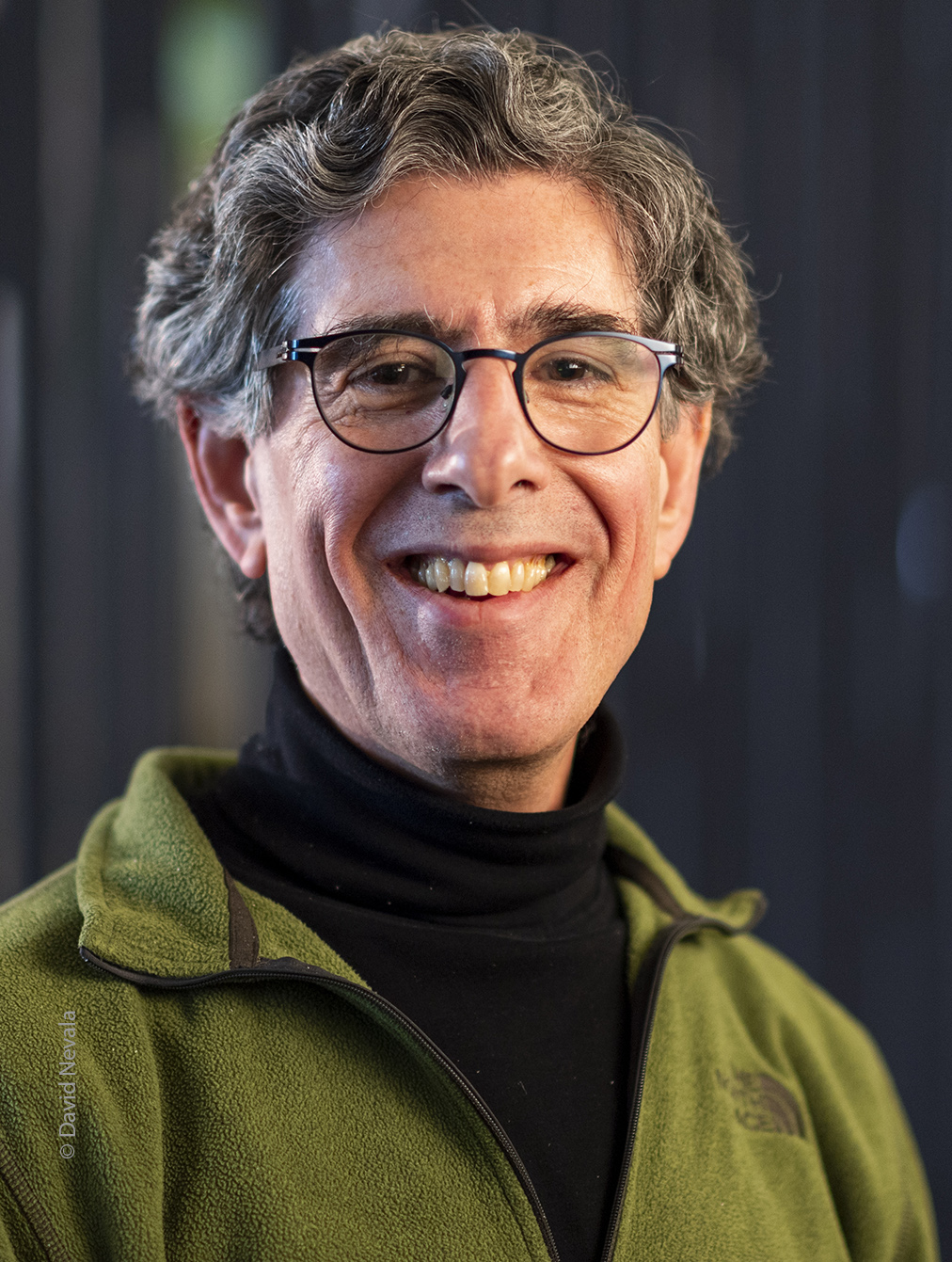
Professor Sir Angus Deaton
Winner of the 2015 Nobel Prize in Economics | Author, "Deaths of Despair and the Future of Capitalism" and "The Great Escape"
Professor Sir Angus Deaton, winner of the 2015 Nobel Prize in Economics, is one of the world's foremost experts on the economics of well-being, health, and poverty. Distinguished for the groundbreaking use of household data analysis to establish links between individual human behaviors and societal outcomes, his work relies on real-world facts to inform big-picture economic thinking. Noted for being accessible as well as optimistic, Deaton has been lauded by the Nobel organization as "immensely important to human welfare." His findings have greatly influenced both practical policymaking and the scientific community, helping not only to analyze but also to improve the world.
Deaton is the author of three critically acclaimed books on health, wealth, and poverty. His latest is Economics in America: An Immigrant Economist Explores the Land of Inequality, a witty and candid critique of his profession that illuminates how the field of economics addresses the most pressing social issues of our time, including poverty, minimum wage, and the healthcare system. The bestselling Deaths of Despair and the Future of Capitalism reveals how capitalism’s flaws are fatal for America’s working class and provides solutions that make capitalism work for everyone. His first book, The Great Escape, makes the case that inequality is deepened when progress in healthcare and standards of living is reserved only for those that can afford it. Addressing what needs to be done to help those left behind, the book broke its publisher's record for foreign rights sales.
To gain insights into the health and well-being of developing nations, Deaton championed the use of household surveys to link consumption of goods and services with outcomes for, and insights into, the whole economy. For example, his studies measuring income against calorie intake in impoverished homes pointed to the value of giving poor countries economic assistance rather than food aid. His work on the distribution of household resources shed light on gender discrimination, as he found that in times of scarcity, families better provide for their boys than for their girls. As a fundamental indicator of the health of an economy, Deaton's use of household data proved more reliable and useful than income or gross domestic product metrics, and helped convert the development economics discipline from a reliance on theory to a grounding in the empirical.
Deaton is a Senior Scholar and the Dwight D. Eisenhower Professor of Economics and International Affairs Emeritus at the Woodrow Wilson School of Public and International Affairs and the Economics Department at Princeton University. Prior to joining Princeton faculty, he taught at Cambridge University and the University of Bristol. He is widely published, with papers released by the World Bank, the Brookings Institution, and more. For 25 years, he contributed semi-annual letters on U.S. politics and policy to the Royal Economic Society newsletter.
In addition to his 2015 Nobel Prize for Economics, Deaton is the recipient of numerous awards, including knighthood in the Queen’s Birthday Honours List for services to research in economics and international affairs. He received the BBVA Foundation Frontiers of Knowledge Award and is the former President of the American Economic Association. Deaton is an elected member of the American Philosophical Society and the National Academy of Sciences, a Corresponding Fellow of the British Academy, an Honorary Fellow of the Royal Society of Edinburgh, as well as a Fellow of the Econometric Society and the recipient of the Society’s first Frisch Medal.
Topics
Videos
Books
Articles
Podcasts
Testimonials
Request Availability
Download Bio
US Economy
World Economy
Global Health
Health Economics
Health Equity
Social Determinants of Health
Public Health
Nobel Laureates
Mental Health
Wellness & Mental Health


























